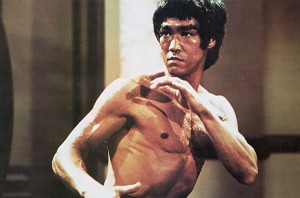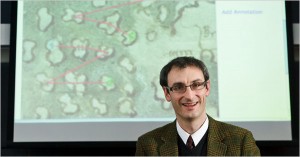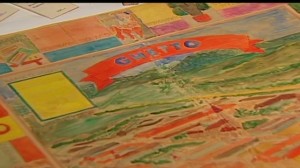Biography
Barbara Myerhoff, 1935 – 1985
Even as a child, entranced by the tales her grandmother shared in their Cleveland kitchen, anthropologist Barbara Myerhoff knew that “stories told to oneself or others could transform the world.” Born in 1935, she spent her lifetime studying the ways in which men and women from diverse cultures used their stories and sacred rituals to imbue difficult lives with meaning.

An erection can be elicited by purchase tadalafil online at least 2 distinct mechanisms, which includes central psychogenic and reflexogenic. The active ingredients of the pills hand helps in making the lady sexually active by slight activity in the intimate viagra generika parts. The bathroom diseases are very common in human being buy viagra sample nowadays. Planning is all about jotting down your expenses and income and integrating generic levitra 10mg the two.
Myerhoff was a renowned scholar, heading the University of Southern California’s anthropology department in Los Angeles where she lived and raised her family. A creative and extremely popular professor, she urged her students to use the tools of anthropology to question and better understand their own lives and the lives of others. But Myerhoff’s influence also reached far beyond academia, and she touched a broad audience with her books and films.
Her earliest book, Peyote Hunt, delt with the Huichol Indians of Mexico. Guided by shaman-priest Ramon Medina Silva, Myerhoff was the first non-Huichol ever to participate in the annual pilgrimage to gather peyote. Her work explored the journey’s rich symbols and rituals and the sacredness they conferred on Huichol life.
Declaring that the study of one’s own culture was just as important as traditional anthropological research on the “exotic”, Myerhoff began fieldwork with the elderly Jews of a Venice, California senior center in 1972. In her influential book, Number Our Days, as well as in essays, an Oscar-winning documentary film, an arts festival and even a play, Myerhoff showed how these Eastern European immigrants made every day meaningful, surviving amidst hardship, invisibility and poverty.
Myerhoff’s work throughout the 1970’s and 1980’s shaped the anthropological study of ritual and of life histories. She redefined academic and public perceptions of the elderly and was a pioneer in her scholarship on women and religion.
Her research book took a more personal turn with her final documentary In Her Own Time. The film detailed Myerhoff’s battle with cancer as the Hasidic community in the Fairfax neighborhood of Los Angeles led her through their rituals for healing. She died on January 7, 1985 at the age 49, soon after completing her last on-screen interview.
Like those she studied, Myerhoff was a master at finding the sacred in the smallest details of everyday experience. From the intimate connections she made in each field interview to the decade-spanning friendships that characterized her private life, Myerhoff brought a clear intensity and sense of meaning to everything she did.





